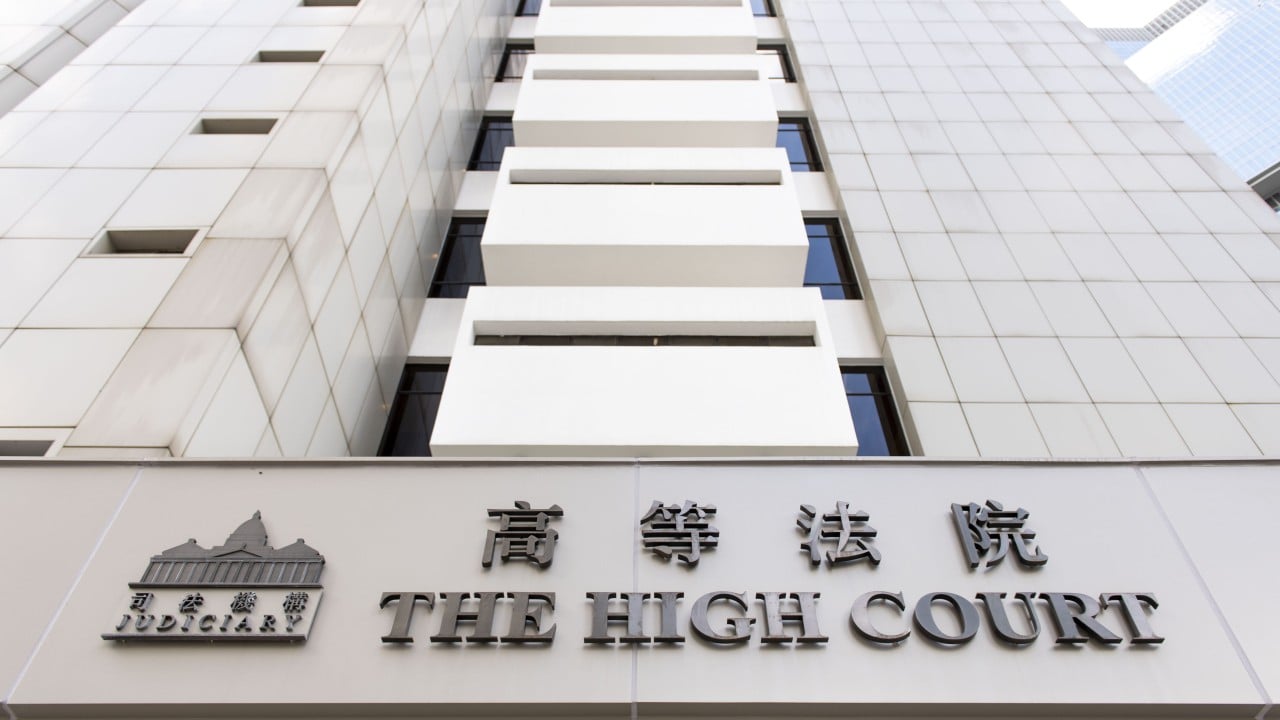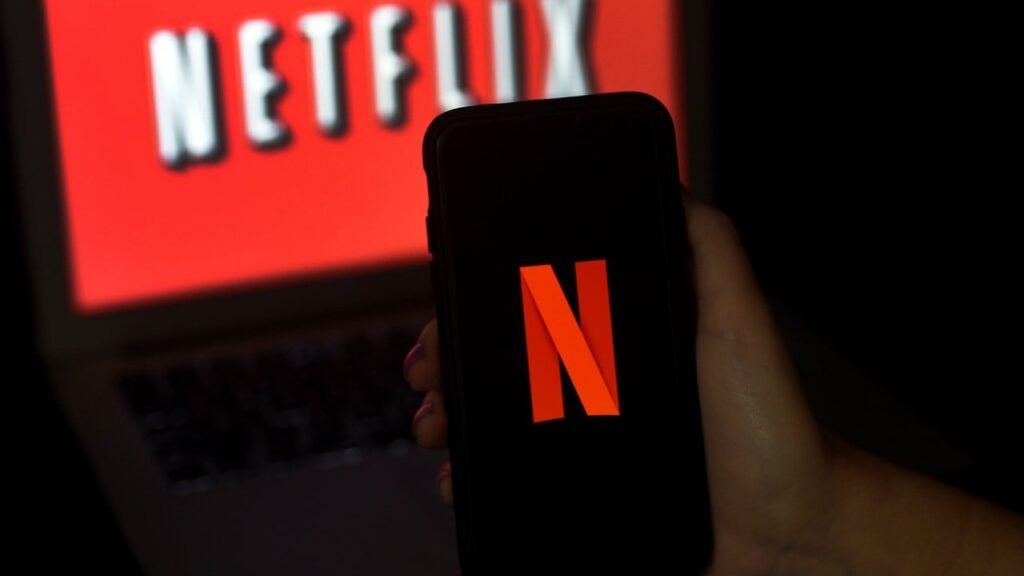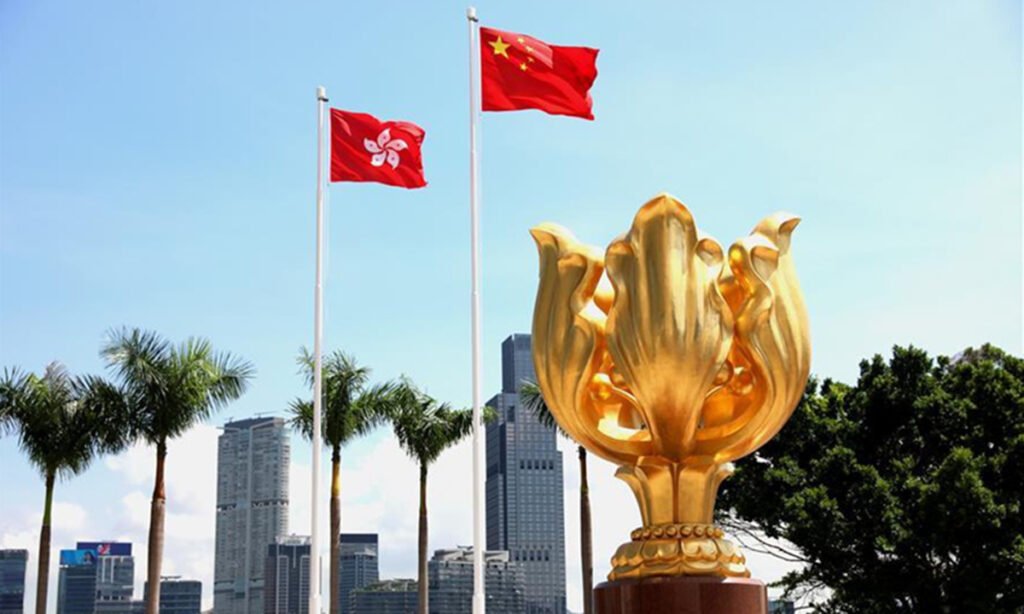
The jury system remains one of the best-known features of Hong Kong’s criminal justice system and can often be a lightning rod for political debate about its merits, cost-effectiveness and whether it can deliver justice.
Trial by jury is expressly provided for in Article 86 of the city’s Basic Law, which maintains the “principle of trial by jury previously practised in Hong Kong”.
The jury trial has been a part of our legal system since 1845 and, since then, juries have most notably been present in criminal trials involving the most serious offences, which are tried at the Court of First Instance.
Debates over the jury system are not confined to Hong Kong. Some jurisdictions have abolished the system entirely, such as Singapore, while others, like the United States, have juries decide criminal as well as civil cases, and they even decide the amount of damages a civil claimant can receive.
European legal systems, such as in Germany, France and Italy, will often have cases heard by a professional judge together with a panel of “lay” judges made up of members of the public.
There are obviously different ways of dispensing justice, and jurisdictions beyond the common law have different ways of doing it. What then are the benefits of our common law jury system and why is it worth keeping?






